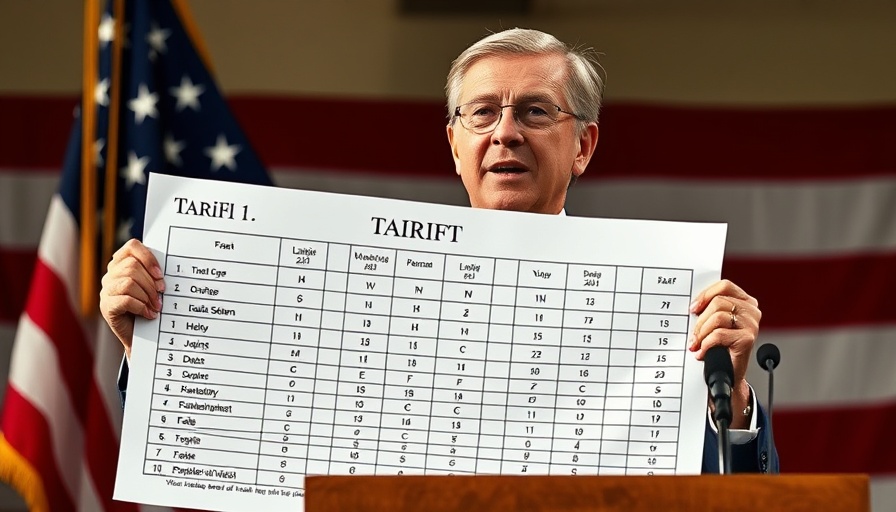
Nigeria's Telecom Sector Navigates the Storm of Tariffs
Nigeria's telecom industry has emerged relatively unscathed by the recent 14% export tariff imposed by former U.S. President Trump, principally due to its import-driven nature. With key infrastructure and equipment sourced principally from international suppliers, including China and Europe, local operators, such as MTN and Airtel, find themselves insulated from the immediate impacts of this trade policy.
Indirect Effects and Economic Ripple Effects
While the core operations of these telecom companies may not directly see an impact, industry experts caution against overlooking the broader economic ramifications. Changes in foreign exchange earnings and consumer spending patterns could still exert pressure on the sector. As Tony Emoekpere, President of the Association of Telecommunication Companies of Nigeria (ATCON), pointed out, "The operators import everything they use directly; they don’t export." However, the financial landscape could shift as the economic environment reacts to new tariffs exacerbating inflation and driving operational costs higher.
Telecom Tariffs and Quality of Service Concerns
In reaction to escalating operational costs, Nigerian telecom operators have already instituted tariff increases by as much as 50%. This decision, aimed at improving service delivery and infrastructure investment, faces resistance from consumers wary of affordability—particularly in light of poor service quality that persists despite tariff hikes.
The Bigger Picture: Trade Relations and Impact on Local Markets
The U.S. is a critical player in Nigeria’s export economy, accounting for substantial transactions that bolster the nation's foreign exchange reserves. The 14% export tariff targets non-oil exports, potentially curtailing vital flows of revenue while contributing to a weaker naira and soaring inflation. As a result, Nigerian telecom firms may struggle to maintain service quality in a market that is increasingly sensitive to price.
Balancing Cost and Quality in a Price-Sensitive Market
The interplay of new tariffs, economic fluctuations, and industry price sensitivity poses a challenge for telecom operators in Nigeria. They must navigate rising costs while ensuring service quality, often a contentious balancing act in a highly competitive market. As consumer spending tightens, operators will need to innovate and strategize effectively to sustain profitability without alienating their user base.
In summary, while the immediate effect of Trump’s export tariff hasn't significantly disrupted Nigeria's telecom sector, the potentially cascading economic effects underline the need for vigilance and adaptability within the industry. The vitality of the telecom landscape rests not only on market dynamics but on overarching economic health.
 Add Row
Add Row  Add
Add 




Write A Comment